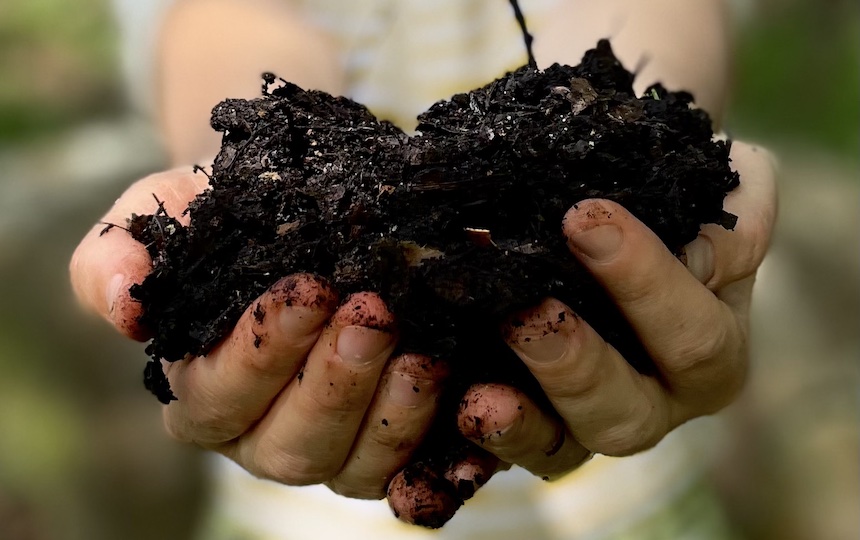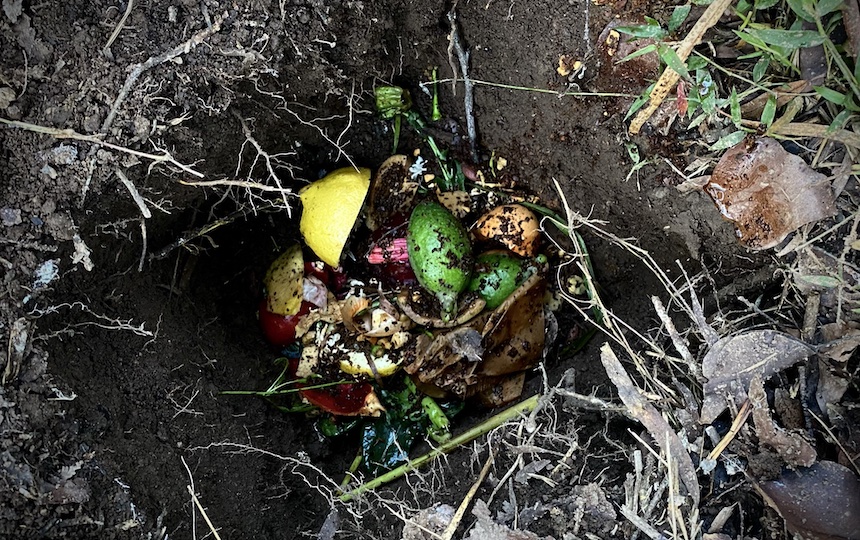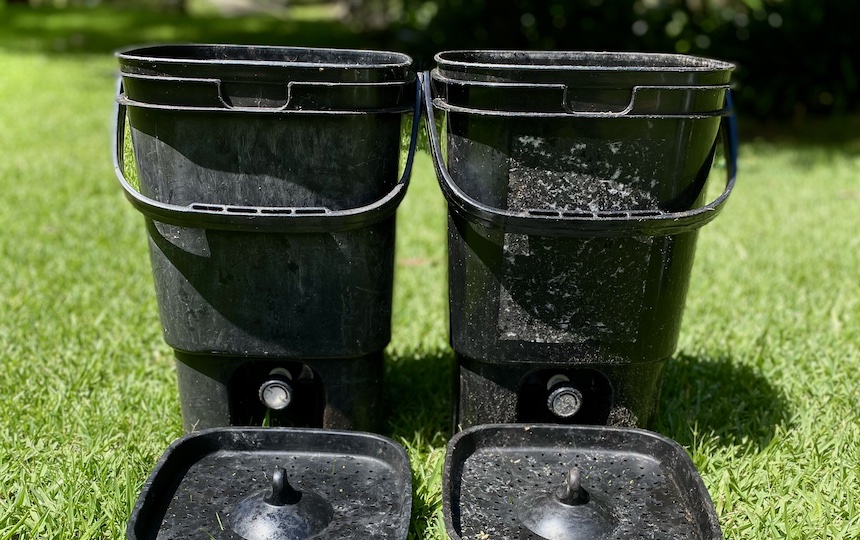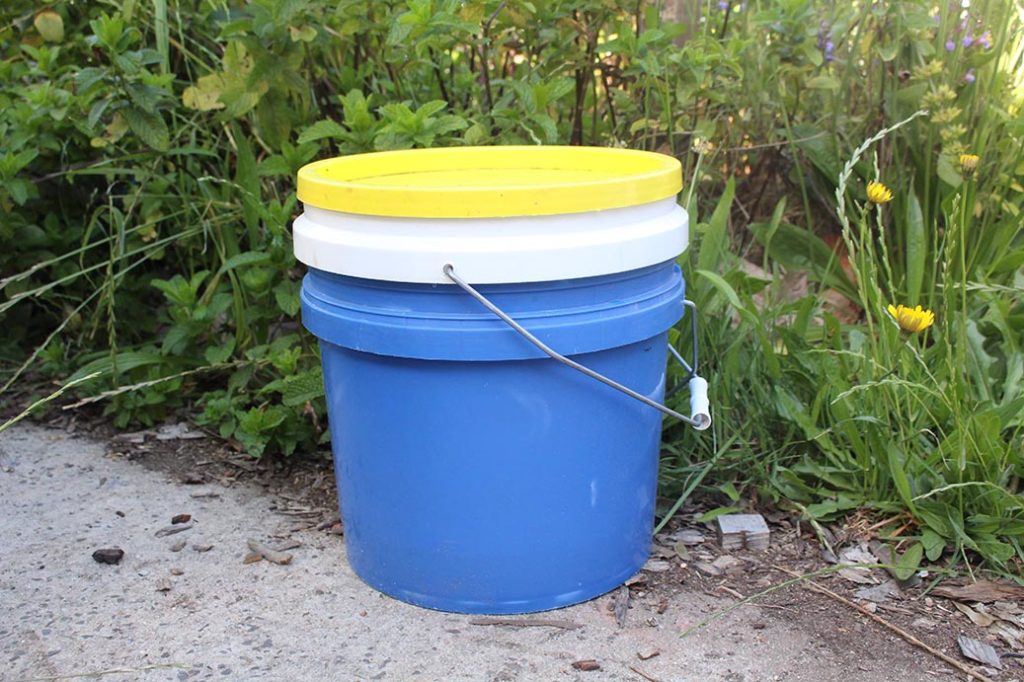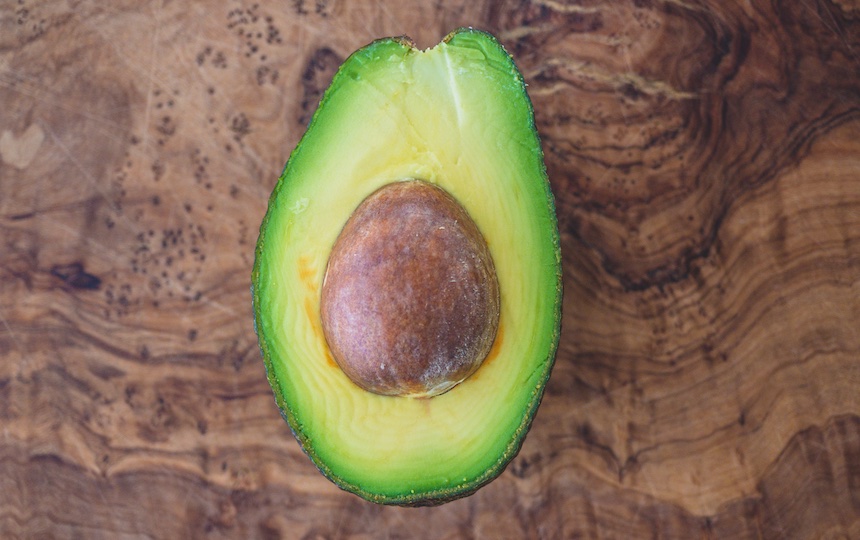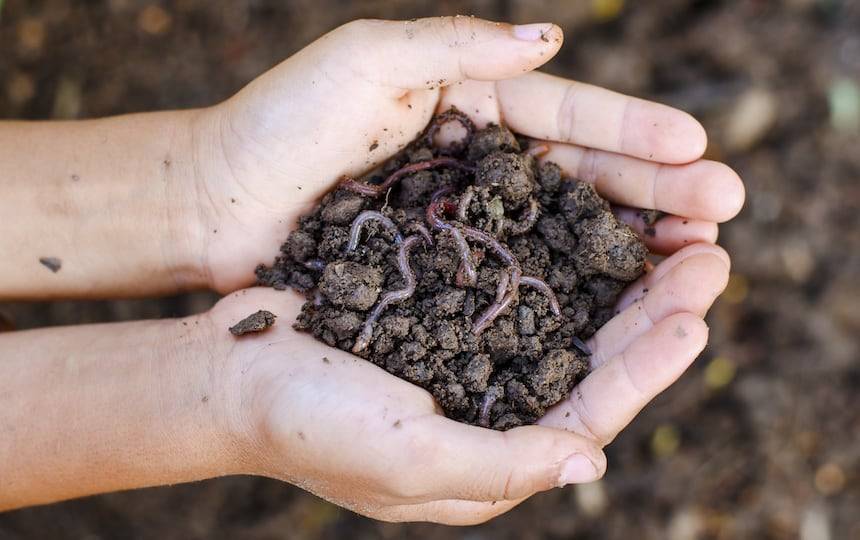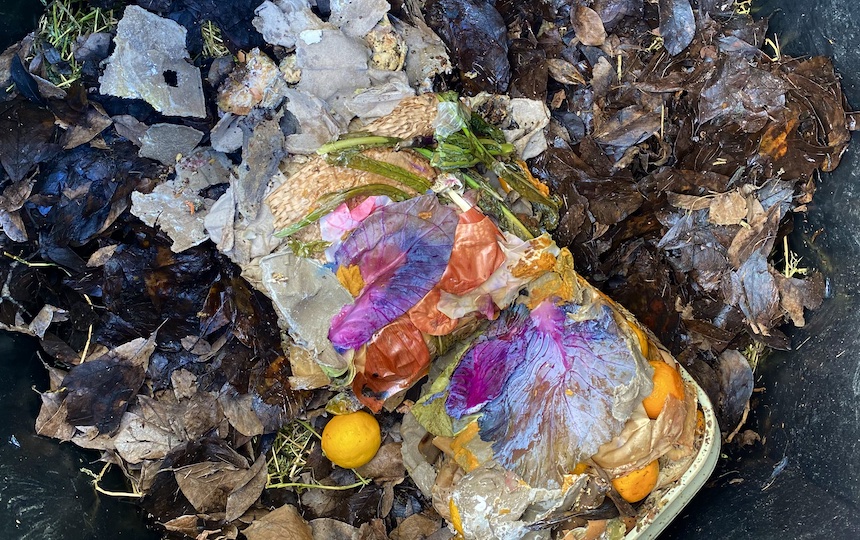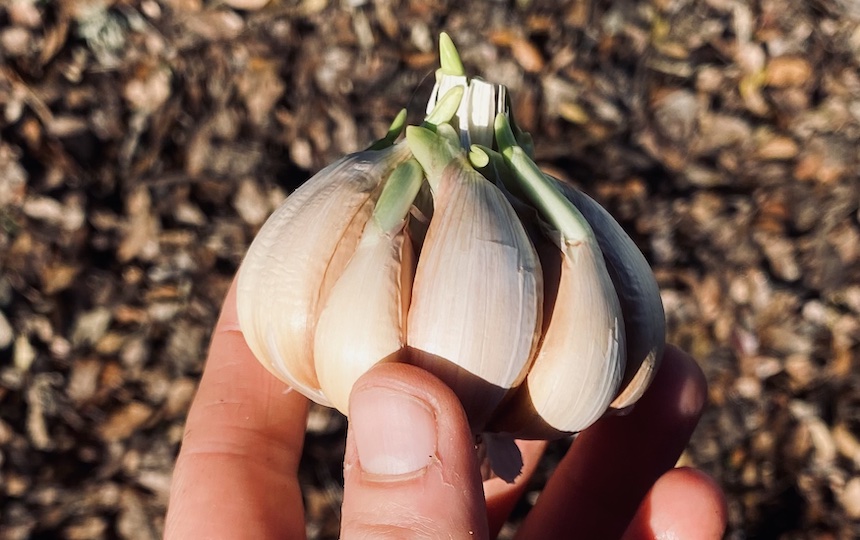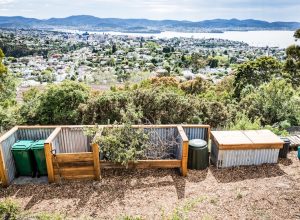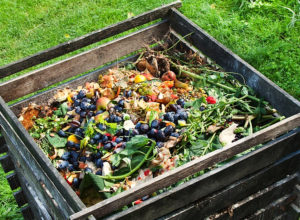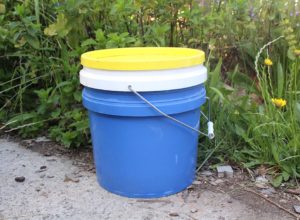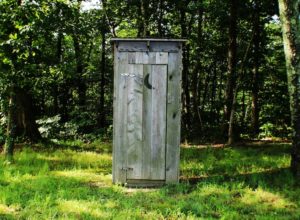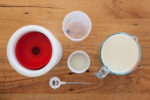Composting seeds, pips, stones, citrus, garlic and onion needn’t be a hassle. We show you how to turn these scraps into garden gold.
If you’re an avid composter it’s extremely satisfying learning a new composting process that allows you to easily handle trickier scraps.
Composting seeds, pips, stones, citrus, garlic and onion doesn’t need to be a hassle. Here we give you options that will allow you to transform these somewhat challenging scraps into garden gold.
How to compost seeds
Let’s start with the best practice when it comes to composting seeds.
All compost creators and worm farmers have at one point spread a luscious load of finished compost or castings onto their soil, only to come back a few days later to see a veritable sea of tomato, cucumber or pumpkin seedlings springing up their cheeky leaves in their soil.
If you use a cold composting process this will be an inevitability. Without heat some seeds will always germinate.
Solution
To get around this I recommend that you apply your well cured compost or castings one month before you sow seeds or plant out your seedlings. This will allow time for any volunteer seedlings to emerge, and you can either hand pull them out or turn them back through your soil as a bonus green manure crop.
If the volunteer seedlings are a constant bugbear, then you’re going to have to turn up the heat and make a hot compost pile or bin when composting seeds. Seeds will not be able to germinate once thermophilic microbes have worked their steamy magic on them.
Your hot composting pile needs to reach 60 degrees Celsius and stay at that temperature for a minimum of seven consecutive days to render the seeds non-viable and prevent germination.
How to compost pips and stones
Just a head’s up, you’re going to have to cultivate patience because some heavy-duty pips and stones (hello nectarines) take a considerable amount of time to decompose in your composting pile or bin.
Sometimes when composting seeds, they need to be cycled through more than once too. The upside is that worms love hanging out within them and it’s far better than them ending up in landfill.
Here are some tips to help speed up their breakdown
Use a bokashi system
If you’re constantly fishing out avocado seeds from your finished compost, Bokashi could be the composting process you’ve been looking for.
The combination of lactic acids, photosynthetic bacteria, yeasts and fungi that are present in the bokashi Effective Microorganism mix (EM comes in bran or spray form) ferments your kitchen waste.
The process of fermentation really helps to soften tough stones and they decompose far more quickly when you add the fermented waste into your regular composting pile. You may need to cycle the occasional stubbornly tough stone or seed through your compost bin a second time before it becomes lovely and soft, but with a bit of patience and harnessing the power of EM it will get there.
Have at it with a hammer
Channel any frustrations you may have about the wild weather, infuriating politics or a grumpy neighbour into a gardening therapy session between you, a hammer and a hard and woody stone.
Smashing stones with a hammer before adding them to your compost works a treat. This is especially useful for stone fruit like peaches, as they take ages to break down otherwise.
You’ll likely see remnants of the smashed stone in your finished compost, but over time it will decompose in your soil and will provide extra organic matter while it’s hanging around.
Grant worms access to your seeds
Snipping the tip of mango seeds to allow worms to enter works a treat. Worms love hanging out within seeds and they help to get things moving.
Mango seeds will still take a while to breakdown, so it’s a great idea to cycle them back through your compost system a couple of times and enjoy the fact that they are a worm hotel while there.
How to compost citrus
It’s a big old myth that you cannot compost lemons, oranges or limes; just imagine how much citrus would be lying around intact if this was the case! Citrus does decompose in your compost, but you do need to be mindful of the amount you add and the composting process you use.
If you have a cold composting pile, you do need to think more carefully about the balance of composting ingredients. The odd lemon in there will be totally manageable, but you can overload your composts biota if you whack a huge amount in at once.
An efficient way to overcome this is to chop your citrus scraps up and add them to your bokashi compost before adding them to your regular compost.
A little sprinkle of wood ash, dolomite or garden lime will help to balance the PH, just take it easy in your application. Everything in moderation works best in your compost.
How to compost garlic and onions
Finally, let’s talk composting onions and garlic. It’s another frustrating compost myth that people suggest that these scraps are non-compostable. I shudder to think of all the beautiful papery garlic skins and onion flesh that is sent to landfill every day because of this misinformation.
Yes, onions and garlic are not the compost worms favourite thing to eat BUT once your compost microbes have had a good go at breaking them down, worms will come in hot and gobble them up.
So, devour the last of the stone fruit for this season or whip up a batch of French Onion soup without guilt, because none of these scraps need ever be sent to landfill again.
Want to know more about composting?
We’ve got loads of great content related to composting. In Issue #3 of Pip Magazine we feature a guide to composting showers, Issue #8 includes a guide to making a DIY bucket compost toilet and Issue #15 goes into composting toilets in more detail.
And don’t forget we have loads of compost-related content online, including these articles:

